This study supports SDG 14 by uncovering how biotas responded to global change during the early Paleocene greenhouse mode.

This paper explores perceived barriers and enablers for engagement in a new aquaculture activity, using an example of ‘technology-push’ towards seaweed farming in coastal villages in Samoa.
Shows how practical economic levers can make the shipping industry more environmentally sustainable.
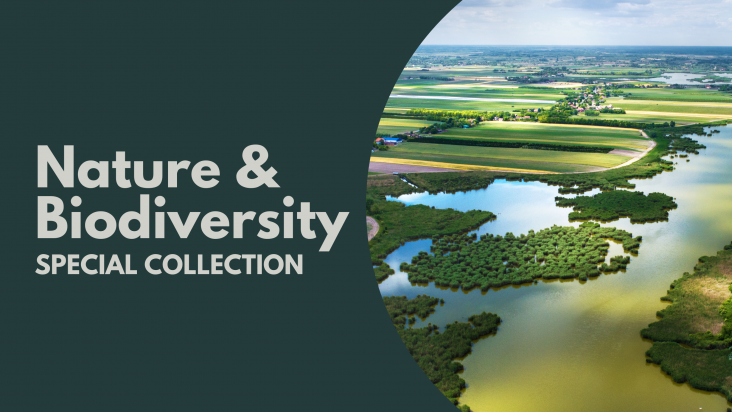
This freely accessible Special collection highlights journal articles and book chapters focussing on nature and biodiversity in celebration of the 2023 RELX SDG Inspiration Day on June 13th where thought leaders, corporate representatives, investors, government and NGOs explore issues, practical engagement and ideas in support of the UN Sustainable Development Goals.
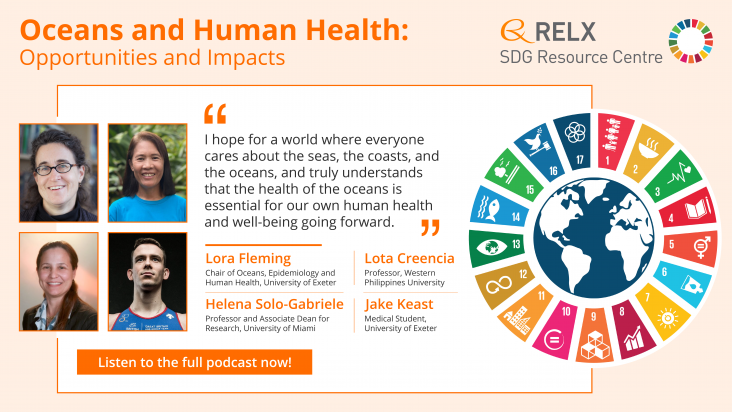
In this episode of the “World We Want” podcast series, the editors of the new book Oceans and Human Health: Opportunities and Impacts talk to Márcia Balisciano about about the fascinating connections between the ocean and human health, spanning from wellbeing and mental health, to medicinal resources, plastics, food and nutrition, and the health risks of polluted oceans.
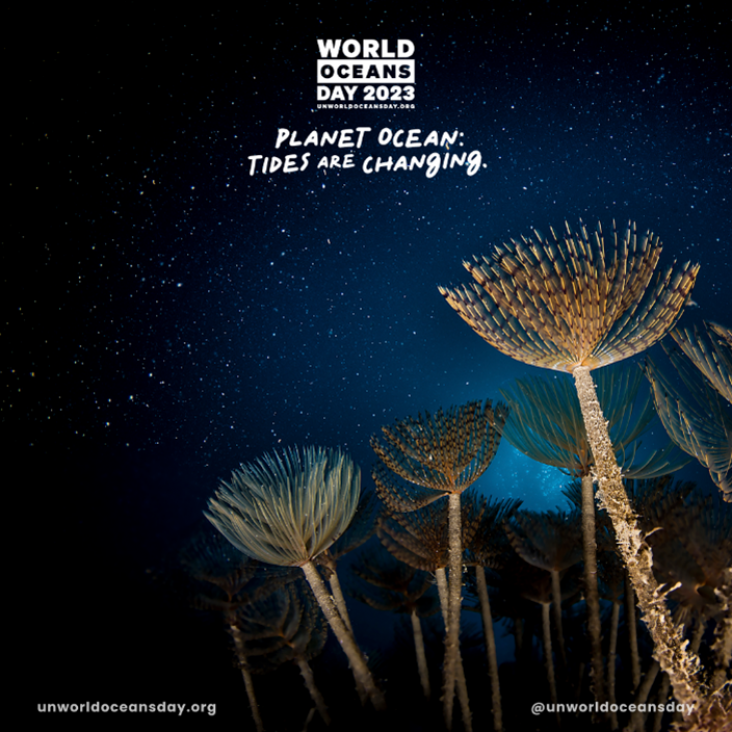
World Oceans day is celebrated every year on June 8th and this year the theme is "Planet Ocean: tides are changing". Elsevier is proud to share this special collection of impactful and freely accessible journal articles and book chapters in support of this important event.
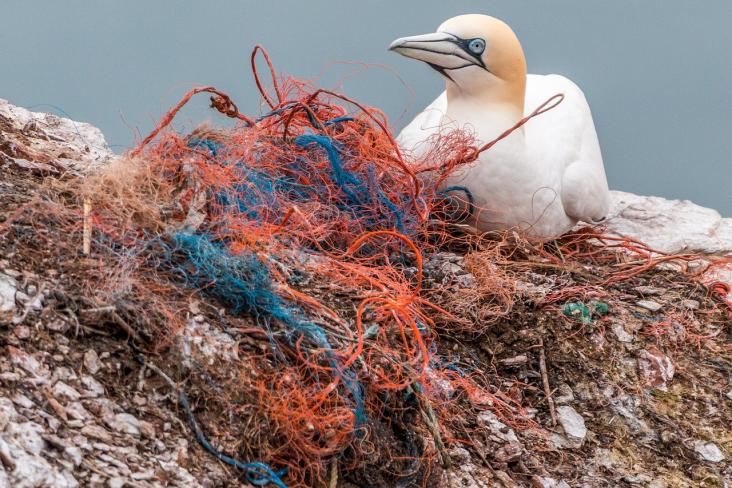
To mark the 50th Anniversary of World Environment Day on 5 June 2023, Elsevier proudly presents a curated list of publicly available journal articles and book chapters in support of this year's theme “Solutions to Plastics Pollution”. Please share and download.
This article advances SDG # 13, 14, and 15 by arguing that ecosystem integrity is neglected but important for climate adaptation goals, and shows how linking ecosystem integrity to climate, biodiversity and sustainable development goals is crucial for optimal outcomes.
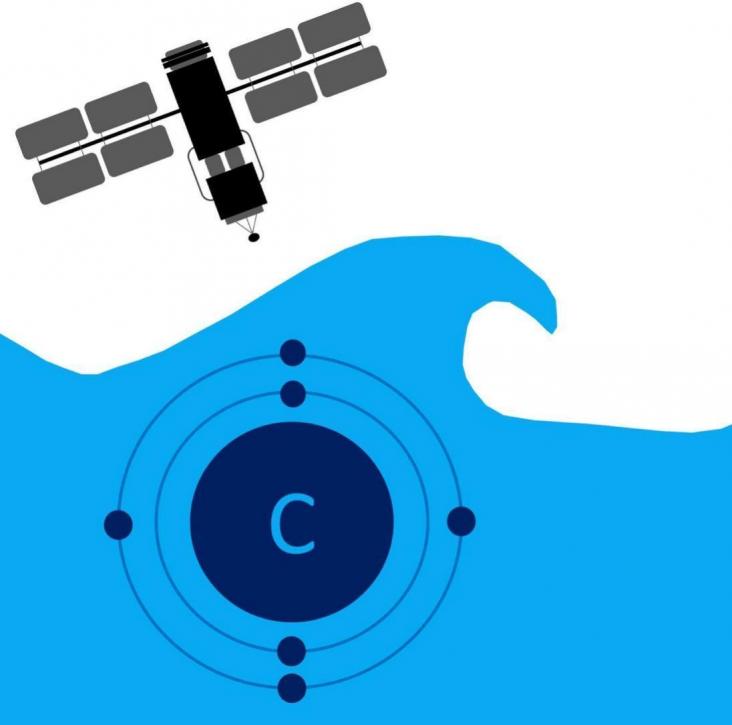
Monitoring the ocean carbon cycle is key to improved understanding. Satellites play a major role in our global carbon monitoring system. To make full use of satellite observations for ocean carbon monitoring the remote-sensing community needs to work closely with in-situ data experts, physical and biogeochemical modellers, Earth system scientists, climate scientists and marine policy experts.
Increasing shipping traffic in the Arctic Ocean creates an emerging need to understand the consequences of maritime operations on the Arctic environment and coastal Indigenous and non-Indigenous commu
